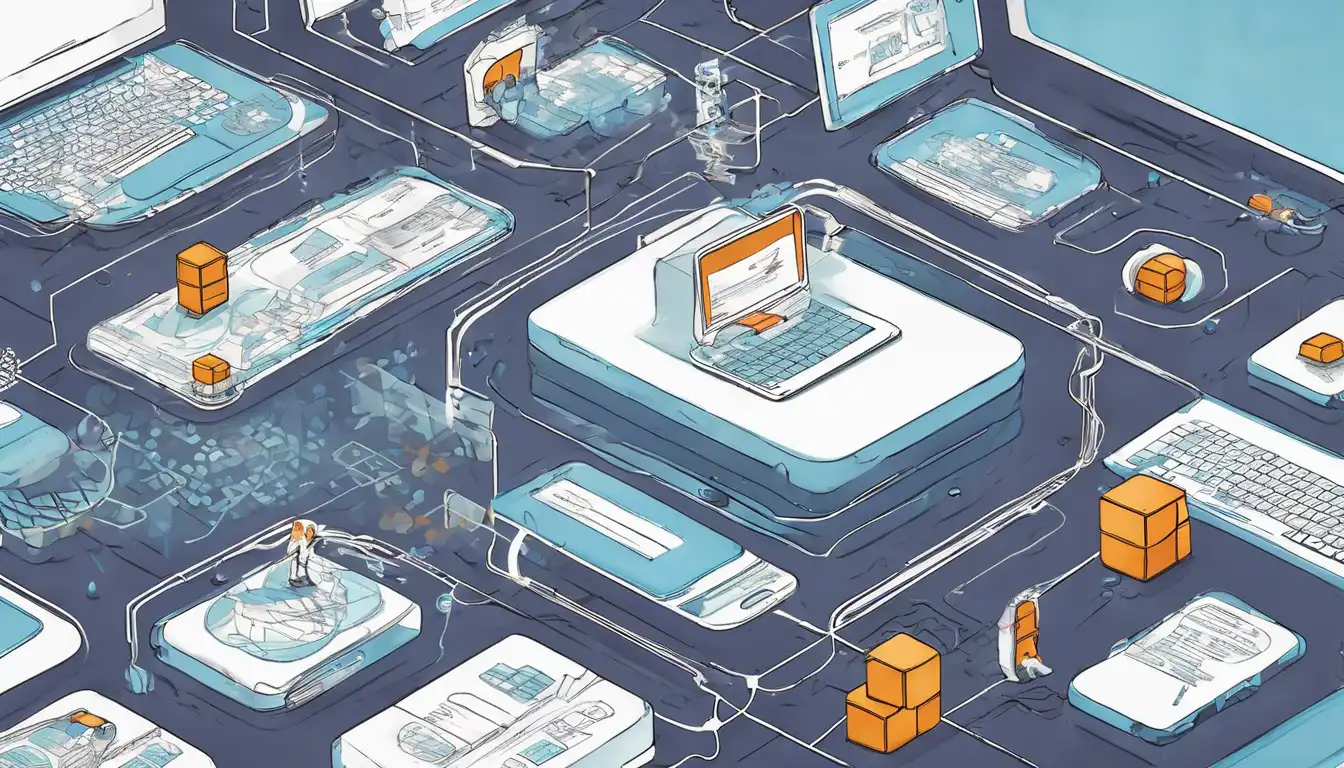What is Blockchain?
Blockchain technology is a digital ledger that records transactions across many computers in such a way that the registered transactions cannot be altered retroactively. This technology is the backbone of cryptocurrencies like Bitcoin, but its potential applications extend far beyond digital currencies.
How Does Blockchain Work?
At its core, a blockchain is a chain of blocks, where each block contains a list of transactions. Each block is connected to the previous one through a cryptographic hash, creating a secure and unbreakable chain. This ensures the integrity and transparency of the data recorded on the blockchain.
Benefits of Blockchain Technology
- Decentralization: Unlike traditional ledgers or databases controlled by a single entity, blockchain is decentralized, distributing control across many nodes.
- Transparency: All transactions are visible to anyone within the network, ensuring transparency.
- Security: The cryptographic nature of blockchain makes it highly secure against fraud and hacking.
- Efficiency: Blockchain can streamline and automate processes, reducing the need for intermediaries and lowering costs.
Blockchain for Beginners: Getting Started
If you're new to blockchain, the first step is to understand its basic principles and how it can be applied in various industries. From finance to healthcare, blockchain is revolutionizing how we store and share information.
Popular Blockchain Platforms
There are several blockchain platforms available today, each with its unique features and applications. Some of the most popular include Ethereum, known for its smart contract functionality, and Hyperledger, which is favored for enterprise solutions.
How to Invest in Blockchain
Investing in blockchain can be done in several ways, from buying cryptocurrencies to investing in blockchain startups or ETFs that focus on blockchain technology. It's important to do thorough research and consider the risks involved.
Future of Blockchain
The future of blockchain is bright, with ongoing developments aimed at solving current limitations such as scalability and energy consumption. As the technology matures, we can expect to see wider adoption across various sectors.
For those interested in diving deeper into blockchain, exploring cryptocurrency basics and smart contracts can provide valuable insights into how blockchain is shaping the future of digital transactions.
Blockchain technology offers a world of possibilities for beginners and experts alike. By understanding its fundamentals, you can start exploring how it can be applied in your field or how you can benefit from its innovations.
